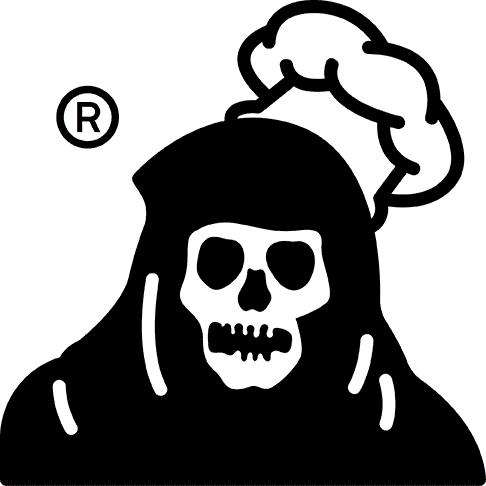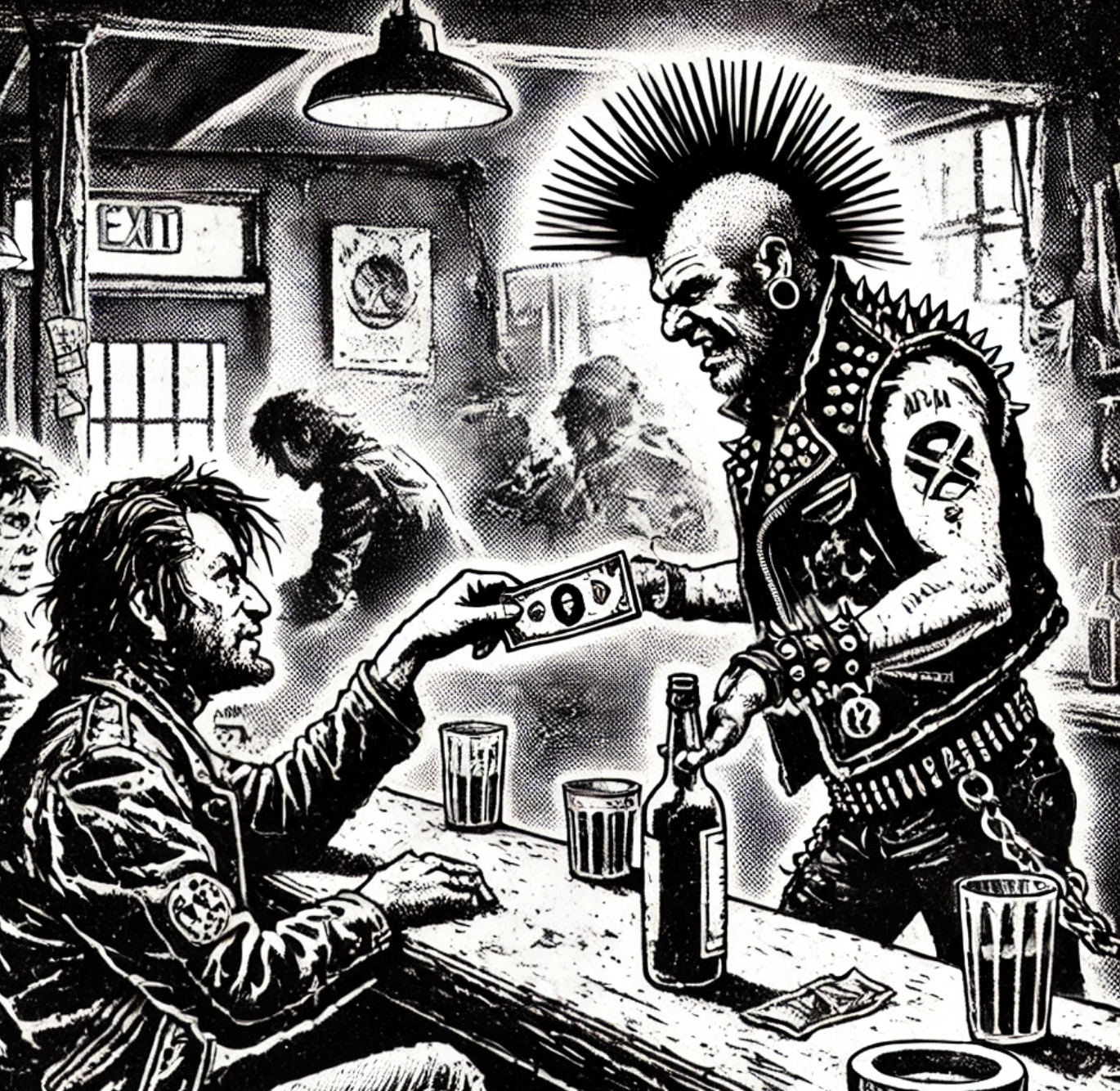The Great Tipping Debate: A Dive Bar Discussion
Imagine this: you’re hunched over a weathered bar, the kind where the walls could tell you stories if they weren't too soaked in cheap bourbon. The bartender’s giving you the eye—she knows if you’re a good tipper, your drink might just get a little heavier. Tipping in America’s dining and drinking culture is as American as a greasy diner burger at 3 a.m., but is it a symbol of gratitude or just another cog in the machine of inequality? Let’s tear this open and see what bleeds out.
The Gritty Case for Tipping
1. The Hustle Incentive Tipping supposedly puts a fire under the server’s ass. You want that beer on time? Throw a few extra bucks their way. It’s the grease that keeps the wheels turning. A study in Cornell Hospitality Quarterly suggested that tipping motivates servers to deliver better service. It's the carrot on the stick. But at what cost?
2. Supplementing Pennies for Wages Let’s face it, the federal tipped minimum wage is a joke, stuck at $2.13 per hour since 1991. This wage, combined with tips, must equal the federal minimum wage of $7.25 per hour. Those tips are the lifeline, the difference between scraping by and sinking. Supporters of tipping argue that without those extra bucks, many servers wouldn’t even make minimum wage. It’s a desperate kind of charity, where customers subsidize the wages because the employers won’t.
3. Flexibility in Earnings The rollercoaster of tips can sometimes swing in favor of the server. A good night can mean fat pockets. High-end spots or busy weekends can turn a mediocre job into a lucrative hustle. But it's a gamble, a spin of the roulette wheel every shift.
4. The Cultural Fixture Tipping is so ingrained in American culture that to not tip feels like a sin. It’s the unwritten rule that keeps the societal guilt at bay. It's a badge of honor for the well-mannered and the generous, an expectation rather than a choice.
The Gutter Side of Tipping
1. The Unpredictable Circus Imagine working a job where you never know if you'll be able to pay the rent. Tipping creates a shaky ground beneath servers’ feet, leaving them at the mercy of the customer’s mood. The Economic Policy Institute pointed out the stark income instability that comes with relying on tips.
2. Widening the Wage Gap The kitchen crew—those unseen warriors—often don’t see a dime of those tips. The front-of-house gets the glory and the cash, while the back-of-house toils away in relative obscurity. This split can create a toxic work environment and deepen the wage gap within the restaurant.
3. Bias and Prejudice Tipping opens the door for all sorts of bias. Studies show that tips can be influenced by a server's gender, race, or looks, rather than their service. It’s a breeding ground for discrimination, where the quality of service plays second fiddle to superficial judgments.
4. The No-Tip Utopia Some visionaries are turning the tide, scrapping the tipping model entirely. They’re rolling it into the menu prices, offering livable wages straight up. This approach, seen in places like Danny Meyer’s Union Square Hospitality Group, aims to balance the scales, giving everyone in the restaurant a fair shot at a decent living.
Which Side of the Bar Are You On?
So here you are, perched on that barstool, a drink in hand and the weight of a cultural dilemma on your shoulders. Do you tip generously, playing into the system that’s kept you satisfied and your server on edge? Or do you push for a change, advocating for a world where a night’s pay isn’t a roll of the dice?
Next time you slide that bill across the counter, think about what it represents. Is it a token of appreciation, a lifeline, or a band-aid on a bullet wound? This debate isn’t just about dollars and cents; it’s about the kind of world we want to build, one tip at a time.

